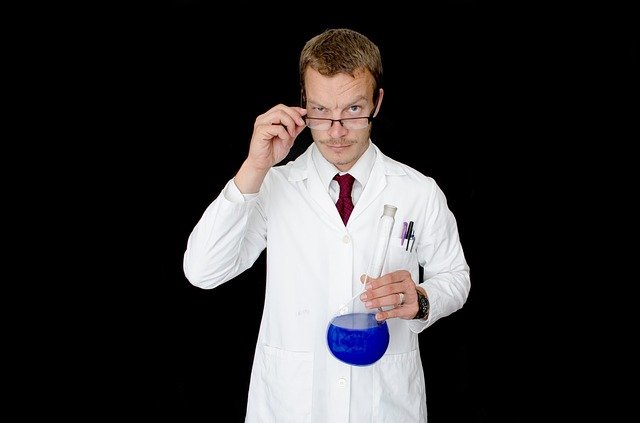Physicians, like the general public, enjoy drinking an alcoholic beverage in a social context. But when physicians get addicted to alcohol and/or drugs, it not only affects them individually, but it could cause serious harm to people under their care. Essentially it puts their patient’s health, recovery and safety at risk. In addition to the doctor’s own family and personal responsibilities getting damaged, their career could also be under threat. Furthermore, if untreated, it could also lead to health problems, suicide or death by overdose.

The substance abuse problem among doctors is similar to the rate in the general public which is about 8–10%. But much higher rates were recorded in fields such as emergency medicine, psychiatry and individual practice. This is attributed to increased stress levels and ready access to certain drugs.
Acknowledging the problem or seeking help can be more difficult for physicians because they are presumed to be more informed about the deleterious effects of alcohol and drugs, or because the signs and symptoms are tolerated as erroneously caused by the seriousness, complexity and fast pace of physicians’ work.
Responsibility of Colleagues
There are formal responsibilities of doctors when they notice one of their colleagues to be impaired. For instance, some US states have legislation that requires physicians to report impaired colleagues to authorities or medical boards. There is no similar law in Canada. However, The Canadian Medical Association’s Code of Ethics specifies ways to practice unimpaired, seek help for personal problems, and report unprofessional conduct by others.
Physicians are known to compromise their personal lives trying to delay their substance abuse problem from effecting on their professional duties. As a result, when signs of alcohol or drug addiction or abuse gets observed at work, their problem is likely to be a long-standing one. But, unfortunately, many doctors and health care professionals don’t confront or report impaired colleagues’ behavior thinking about the consequences such as a tarnished reputation, loss of job and a revoked licence.
Individual’s Responsibility
Physicians have an ethical and legal obligation to help and not harm their patients. So once a doctor realizes they have an alcohol or drug abuse problem, they have to reach out to a therapist or join programs to help them recover. They also should put in place plans to monitor ongoing progress because relapse could be an issue as with any other substance abuse treatment and recovery process.
Additionally, as a precautionary measure, the doctor has the responsibility to consider transferring their patients to another competent physician until they are fully capable of treating patients again in a safe and efficient manner.
Conclusion
Even though it is dangerous when a physician becomes addicted to alcohol, the good news is that with treatment, medical professionals’ recovery rates are quite high ranging from 30% to 90%. Doctor’s recovery rates with treatment are high because of their personal commitment combined with support from health care facilities and Physicians’ health networks that offer support to their members recovering from substance abuse.